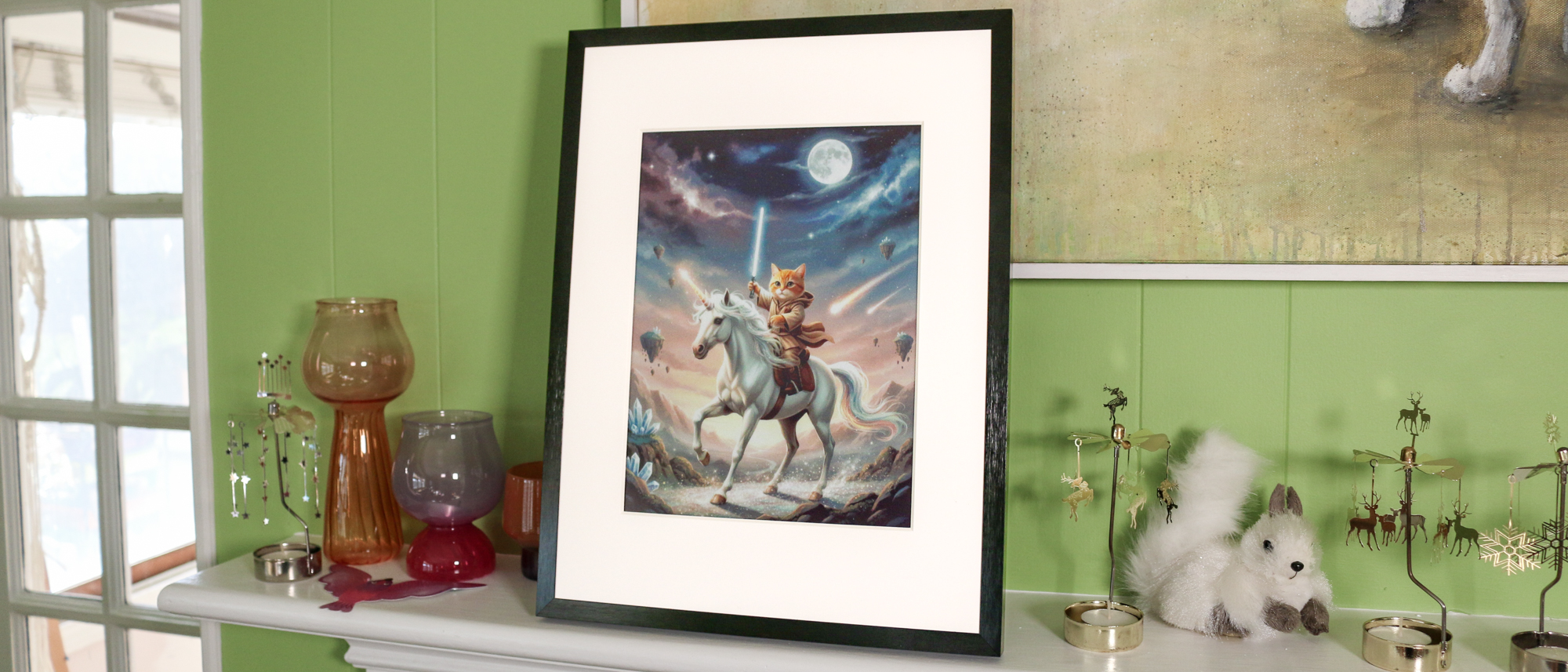5 reasons you should stop sleeping with the heat up at night
Bad for your health and home
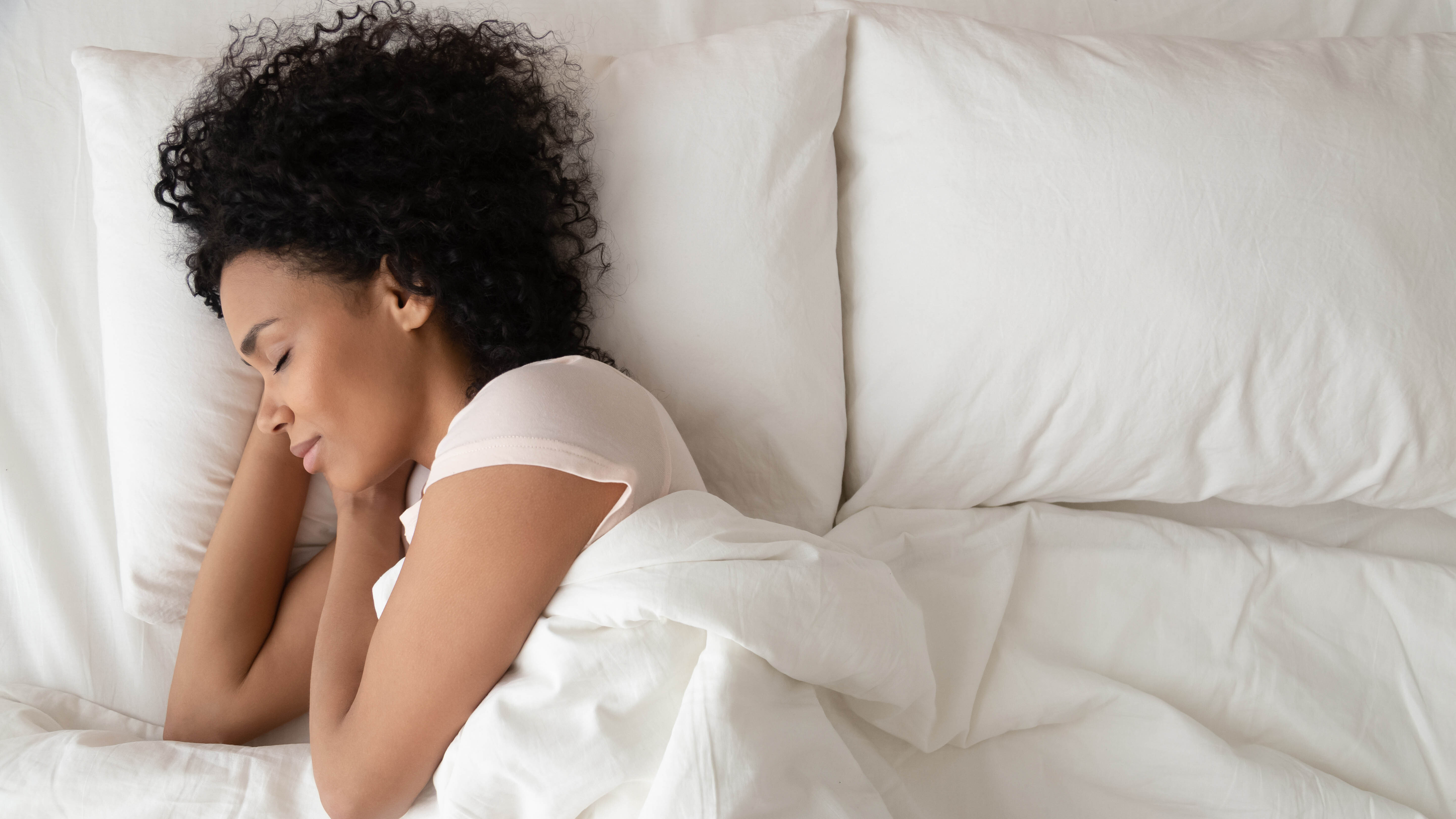
Here at Tom’s Guide our expert editors are committed to bringing you the best news, reviews and guides to help you stay informed and ahead of the curve!
You are now subscribed
Your newsletter sign-up was successful
Want to add more newsletters?

Daily (Mon-Sun)
Tom's Guide Daily
Sign up to get the latest updates on all of your favorite content! From cutting-edge tech news and the hottest streaming buzz to unbeatable deals on the best products and in-depth reviews, we’ve got you covered.

Weekly on Thursday
Tom's AI Guide
Be AI savvy with your weekly newsletter summing up all the biggest AI news you need to know. Plus, analysis from our AI editor and tips on how to use the latest AI tools!

Weekly on Friday
Tom's iGuide
Unlock the vast world of Apple news straight to your inbox. With coverage on everything from exciting product launches to essential software updates, this is your go-to source for the latest updates on all the best Apple content.

Weekly on Monday
Tom's Streaming Guide
Our weekly newsletter is expertly crafted to immerse you in the world of streaming. Stay updated on the latest releases and our top recommendations across your favorite streaming platforms.
Join the club
Get full access to premium articles, exclusive features and a growing list of member rewards.
As the temperature drops, it’s tempting to keep the heat way up once you tuck in for the night. After all, it’s well known that having a good night’s sleep is vital for everyone's wellbeing.
If you’re finding it difficult to drift off, are waking up with dry, itchy skin and can spot mold in your bedroom, it could be time to turn off your heating. While you might enjoy the snug feeling, keeping the heat on while you sleep can be detrimental to your health, home and wallet.
We look at 5 reasons why turning down your heat in your bedroom at night will benefit your wellbeing and protect your home from nasties.
1. Mold can build up
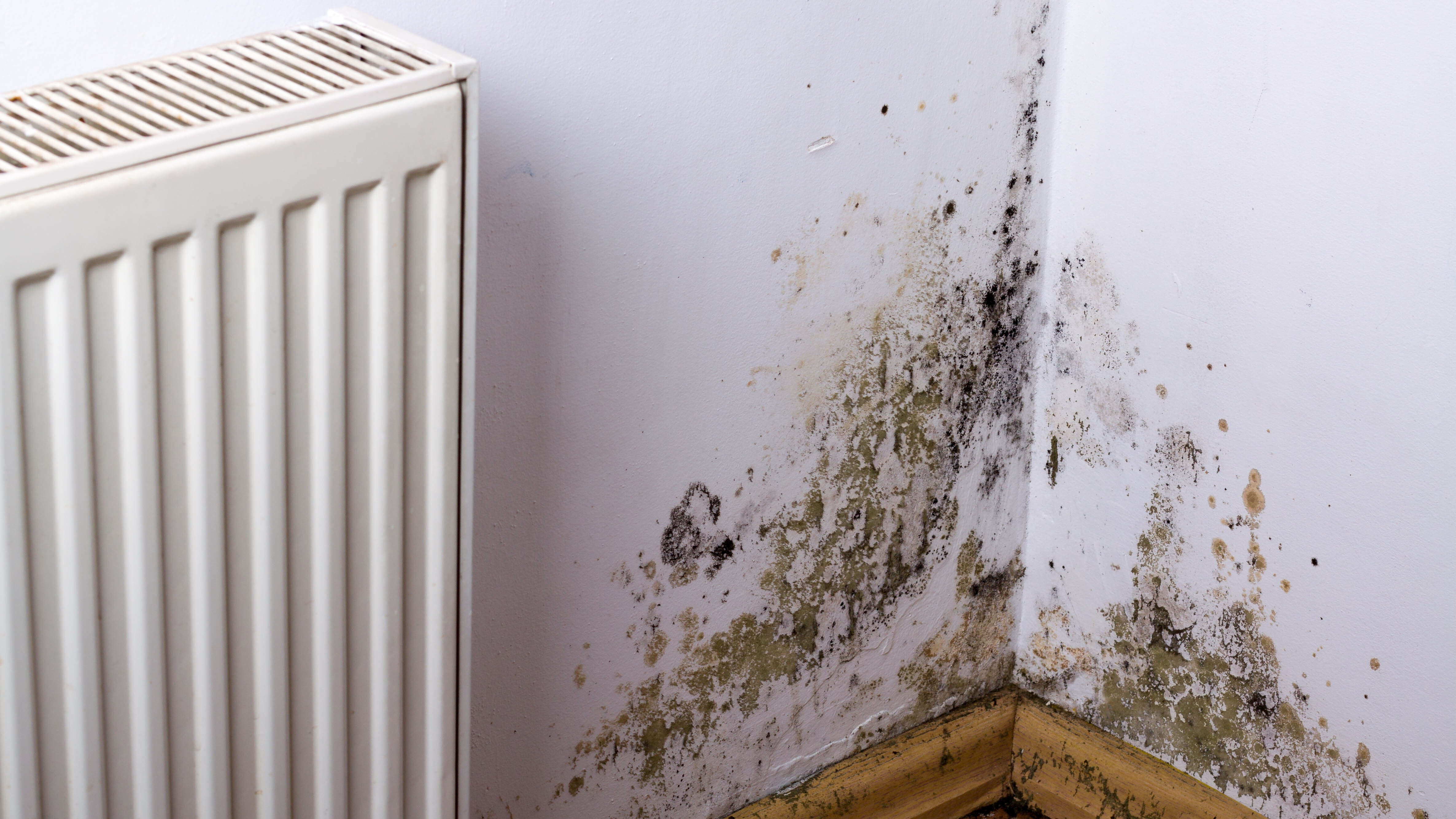
While you might expect mold in your kitchen and bathroom when they get steamy, it’s not something you’d expect in your bedroom. But mold isn’t picky, and it will thrive where there is moisture.
So, why does leaving the heating on in your bedroom at night encourage mold growth? The warm air circulating in your bedroom holds and traps excess moisture. When this comes into contact with cold surfaces, such as windows, it forms condensation. Mold spores crave moisture and will start to grow.
The Sleep Foundation says mold loves porous and natural materials, particularly cardboard, paper, wood products, and ceiling tiles. It’s also likely to grow inside other surfaces around your bedroom, including wallpaper and insulation.
I’ve first-hand experience with mold growing on wallpaper in my bedroom. I discovered it behind furniture in an inaccessible corner. So, it’s worth checking in those awkward-to-reach spaces to see if you have a problem. If you have a mold problem, one of the best dehumidifiers will help to remove moisture from the area.
Get instant access to breaking news, the hottest reviews, great deals and helpful tips.
The Sleep Foundation's main concern is that mold can compromise sleep, and with the average person sleeping between 7-8 hours a night, it also means you could be exposed to mold for one-third of each day.
The World Health Organization claims that occupants of damp or moldy buildings are at increased risk of respiratory symptoms, respiratory infections and asthma exacerbation. Turning off the heating at night could help to protect your health.
Besides causing health issues, mold is an unwelcome guest that can be tricky to eliminate. And when it grows, it damages the surfaces it lives on. You’ll probably be able to get rid of mold yourself, especially if the area is small, such as around a window frame, but for larger, more problematic cases, you might need to call in a professional.
2. Heating your bedroom at night wastes energy

The optimum temperature is between 62-66°F (17-19°C). Anything higher can result in dry skin, coughing, sneezing and even mold taking over.
Rebecca Swain, Winston Beds
When looking for ways to save money on your energy bill, turning the heat down in your bedroom at night makes sense. Rather than facing a huge bill at the end of the month, there are other, more budget-friendly ways to keep warm.
Rebecca Swain, mattress expert from Winston Beds, says: “While many of us like to heat our bedrooms so we can get to sleep comfortably, we want to urge people not to keep the heating on throughout the entire night. Swains say: “The optimum temperature is between 62-66°F (17-19°C). Anything higher can result in dry skin, coughing, sneezing and even mold taking over.”
Clean energy provider, Arcadia, suggests setting the temperature of your home at least 8°F lower for the eight hours you are asleep. For every degree you lower your thermostat, you can save 1% on your heating bill, so turning your thermostat down 8°F while you sleep can save you $180 every year.
However, the amount you save will depend on your heating supply. According to figures published by the National Energy Assistance Directors' Association, heating oil is the most expensive fuel to heat your home.
To help regulate your heating when you're asleep, the US Department of Energy suggests using a programmable thermostat as you can pre-set the schedule. And for intelligent heating, you could invest in one of the best smart thermostats.
So, now you’ve switched the heating off, or at least down, how do you keep your bedroom warm? The main focus is to keep in the heat that’s already built up during the day. Think about hanging thermal curtains or blinds. Although a spokesperson at the Energy Saving Trust, says: "Make sure that blinds and curtains don't block heat from radiators from getting into the room. When they are closed, they should stop between the edge of the windowsill and above any radiators."
Draught proofing is one of the most cost-effective ways to reduce home heat loss and the Energy Saving Trust suggests placing draught excluder strips around windows, and even doors, if your bedroom leads out onto a balcony or patio.
If you live in an older property and have a fireplace in your bedroom that leads to an open chimney, its also suggests fitting a draught excluder, but ensure you don't block any ventilation that will prevent fresh air from circulating and encourage the build-up of condensation.
To keep you snug, consider a heated blanket, upping the tog value of your duvet, or increasing the number of sheets to trap in warm air.
We also recommend a cozy pair of pajamas and a pair of socks. The Sleep Doctor says that wearing a socks at night can help you fall asleep faster, stay asleep for longer and wake up fewer times in the night. I’ve tried it, and it really does work.
3. Pests love warm environments
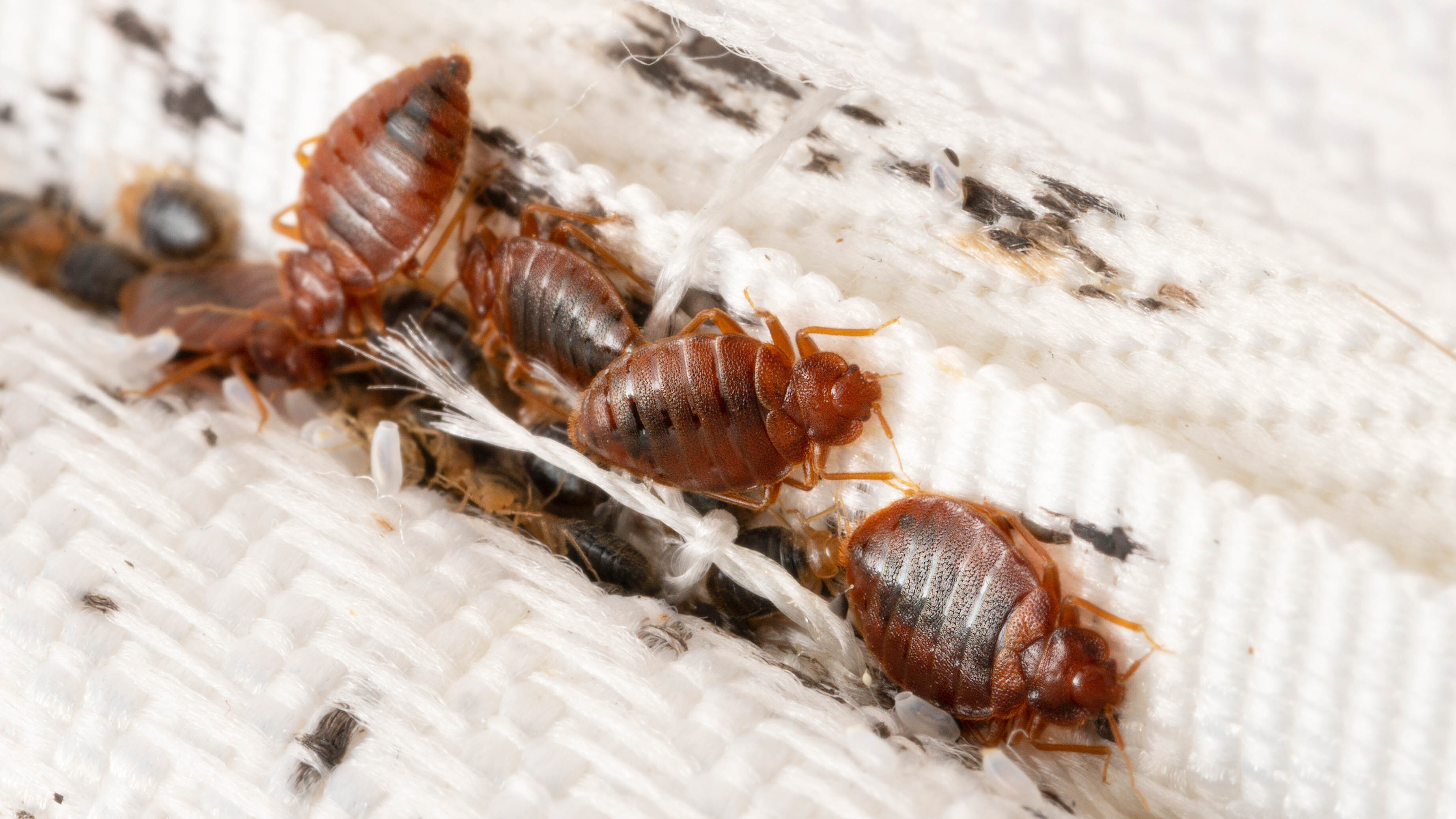
Fleas, flies and bed bugs thrive in warm environments and are some of the pests that bite you in your sleep. They are an annoyance that can disturb your rest and leave you feeling irritable the next day.
Turning your thermostat down 8°F while you sleep can save you $180 every year.
Pest World says that bedrooms provide an ideal environment for pests giving them regular access to a food source — tasty humans. While they enjoy taking a bite of your flesh, they can also hide in the bed sheets.
Bedroom pests are a nuisance, but bed bugs cause a particular problem because they are unhygienic and can cause allergic reactions in some people. Although turning the heating down won't prevent them spreading, it will make the environment less inviting. But once you've nailed how to get rid of bed bugs you'll be able to look forward to a peaceful night.
And if you have pets, you might find a flea or two between the sheets. Although they prefer to feed on your furry friends, they won’t say no to a free meal.
Prevention is better than cure, so how do you deter bugs in your bedroom? Turn the heating off, although this doesn't mean you must sleep in the cold. Anything between 57°F-65°F (14°C-18°C) will put off potential bugs and help you drift off.
But if the bed bugs have already hit and it’s too late for prevention, you should invest in the best new mattress. And, even if your bed hasn’t been plagued with bed bugs, The Sleep Council recommends replacing your mattress every seven years.
4. Heat dries out the air and your skin

When the heating is left on in your bedroom overnight, the warm air can dry out your skin, removing the natural oils. It’s a general problem during the colder months once you flick the central heating on.
When the temperature rises indoor humidity is reduced as the air dries out. The knock-on effect is that it has a drying effect on your skin, leading to moisture loss. Whether you’re prone to dry skin conditions, such as eczema or psoriasis, or not, it can leave your skin feeling sore and itchy.
The change in temperature from outside to inside can also cause skin issues to worsen. The National Rosacea Society reports that facial flushing and redness are heightened in sufferers when body temperature increases.
5. Too much heat can cause a restless night
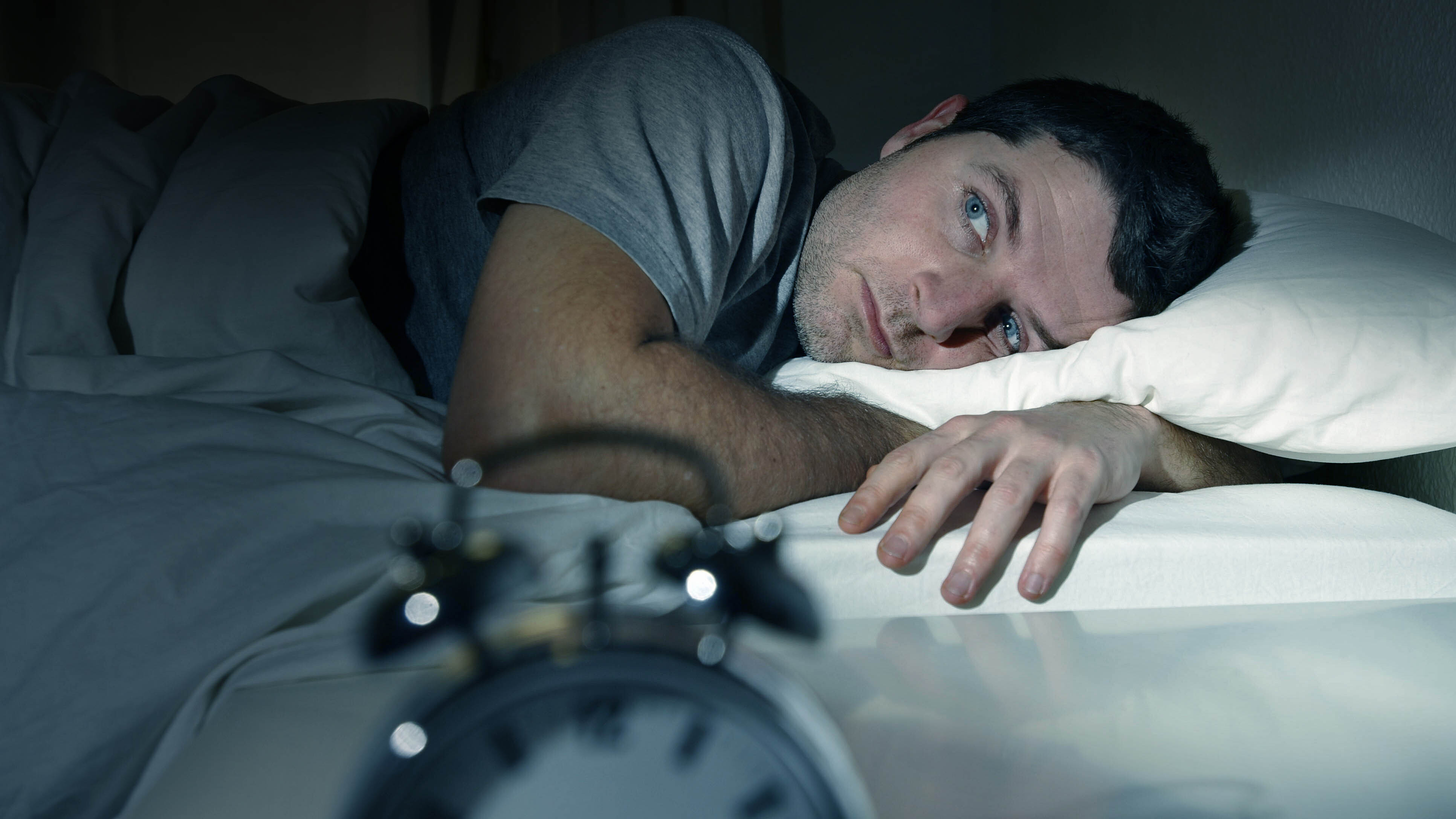
Do you long for a peaceful night’s sleep but wake up feeling worse than when you went to bed? Keeping the heating on while you sleep can cause your body to overheat, resulting in a restless night.
Lowering the room temperature at night can work with your body’s natural rhythms to aid the onset of sleep, encouraging an undisturbed night.
It’s all to do with our internal temperature. The Sleep Foundation explains: “Your body temperature generally hovers around 98.6°F (37°C) but fluctuates about 2°F throughout the night. The drop in temperature starts about two hours before you go to sleep, coinciding with the release of the sleep hormone melatonin.”
Lowering the room temperature at night can work with your body’s natural rhythms to aid the onset of sleep, encouraging an undisturbed night. The Sleep Foundation suggests an ideal bedroom temperature of approximately 65°F (18.3°C), similar to Swains' suggestion above, although doctors recommend keeping the room between 60-68°F (15.6-20°C) for a restful night. Practicing good sleep hygiene will also help your body get ready for sleep.
Claire Davies, Tom's Guide's Sleep Editor and Certified Sleep Coach, keeps her bedroom at 65°F, and uses a Nest smart heating system to manage her heating needs. She says: "If you’re too hot, you’ll find it harder to fall asleep — it will take longer, be more fitful, and your cortisol levels will rise (because of the stress and frustration), which in turn will make it even harder to fall asleep."
Once you experience these problems, Claire says getting to sleep becomes a vicious circle: "You'll also wake up more frequently during the night if the room is too warm, leading to broken sleep, fatigue the next day, and you wondering if you have a sleep issue, whereas in fact it’s because your bedroom is simply too warm."
Women experiencing the menopause are one group that suffer from sleep disturbances, and it's all to do with fluctuating temperature. Menopausal women lose 2.5 hours’ sleep a night, which is due to overheating and the subsequent onset of night sweats, leading to sleep deprivation as the body’s core temperature is too high to get a good night’s sleep.
Whether you turn the heating off at night, or turn it down a few degrees, you'll be making a big saving on your annual energy bill. And apart from the financial benefit, you'll be able to enjoy a more restful night, without the added worry of unwelcome pests and mould that thrive in warm and moist air.
More from Tom's Guide
- Tired of not getting enough sleep? We show you how to optimize your bedroom for better sleep
- Mold on your mattress? How to spot mattress mold and deal with it quickly
- You might also be interested in 12 essential tips for saving on your energy bill

Camilla is the Homes Staff Writer and covers everything to do with homes and gardens. She has a wealth of editorial experience, mounting over 30 years, and covers news and features, tests products for reviews and compiles buying guides.
Her work has appeared in business and consumer titles, including Ideal Home, Real Homes, House Beautiful, Homebuilding & Renovation, and Kitchen & Bathroom Business. She’s even appeared on the cover of Your Home, writing about her own house renovation.
Although she’s obsessed with decorating her home, she also enjoys baking and trying out the latest kitchen appliances. But when she’s not inside, you’ll find her pottering about in her yard, tending to her vegetable patch or taking in her prized hydrangeas.
 Club Benefits
Club Benefits










